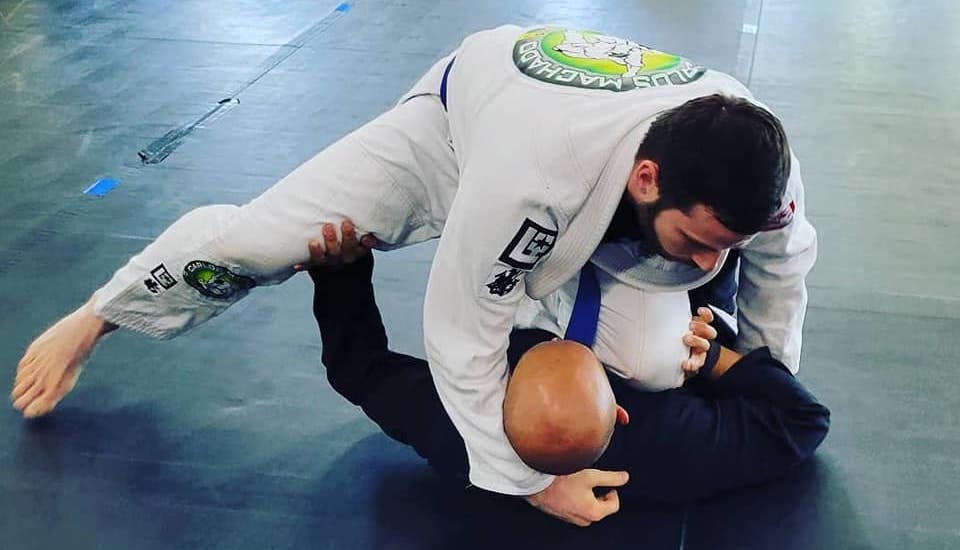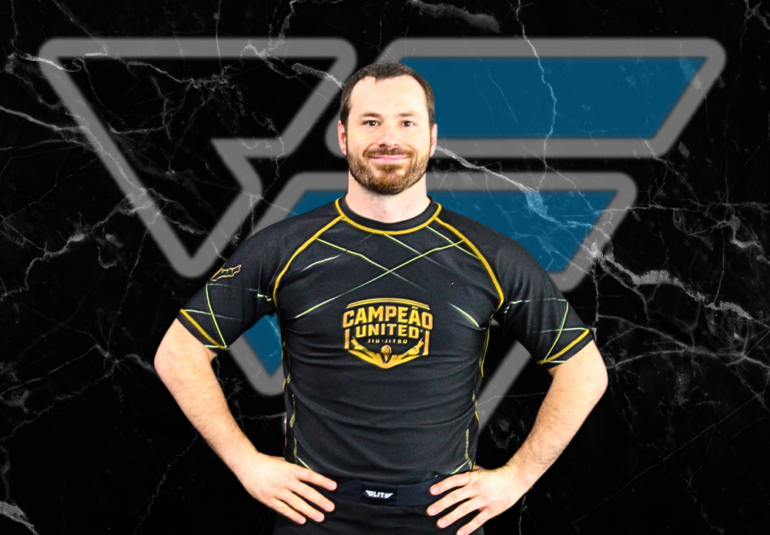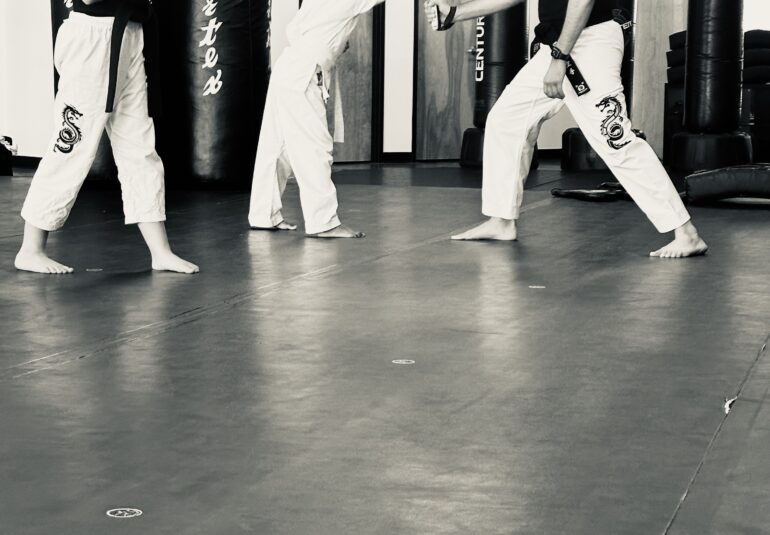
- 243
When people think about martial arts, they often picture strength, speed, or stamina. But some martial arts demand far more than just physical ability—they challenge the mind at every turn. Among the wide spectrum of disciplines, Brazilian Jiu-Jitsu (BJJ) is widely regarded as one of the most intellectually challenging martial arts in the world.
Why BJJ Stands Out
Brazilian Jiu-Jitsu is often called “human chess.” Unlike striking arts, where power and reaction speed play major roles, BJJ emphasizes leverage, timing, and problem-solving. Every roll on the mat forces practitioners to constantly evaluate their opponent’s movements, anticipate counters, and calculate the most effective submissions or escapes.
In other words, BJJ is not about memorizing a single move—it’s about adapting fluidly to an ever-changing situation. Success requires both creativity and logic, blending instinct with analysis.
The Layered Complexity of Technique
A BJJ position might look simple at first glance, but beneath the surface are dozens of small adjustments that make the difference between success and failure. For example, executing a triangle choke isn’t just “lock the legs and squeeze.” It’s about angles, wrist control, hip movement, and energy conservation. One mistake in detail can collapse the entire strategy.
This is why many practitioners describe BJJ as an infinite learning system. No matter how long you train, there’s always another layer to uncover. Black belts, even after decades, continue refining techniques they learned as beginners.
The Psychological Challenge
BJJ also pushes intellectual resilience. Unlike other martial arts where size or strength can dominate, smaller practitioners often succeed by out-thinking stronger opponents. This requires humility, patience, and emotional discipline. Getting “tapped out” repeatedly is part of the learning process—forcing students to analyze their mistakes and find better solutions.
The mental toughness developed on the mat often translates beyond it: practitioners become more strategic thinkers in work, school, and everyday challenges.
Other Martial Arts with Intellectual Depth
While BJJ is often cited as the most mentally demanding, it’s not alone:
-
Tai Chi emphasizes body mechanics, balance, and mindfulness, blending martial practice with deep meditative focus.
-
Kendo requires reading an opponent’s intent and mastering precise timing under pressure.
-
Jeet Kune Do, Bruce Lee’s philosophy, challenges students to question rigid systems and develop personalized, adaptive strategies.
Each of these arts tests the mind in unique ways, but BJJ’s real-time, problem-solving intensity gives it a special place as the most “intellectual” martial art.
Brazilian Jiu-Jitsu offers one of the richest challenges. It rewards creativity, patience, and analysis just as much as physical effort. Stepping onto the mat isn’t just about fighting—it’s about learning how to think under pressure, adapt to new situations, and embrace the endless puzzle of human movement.


